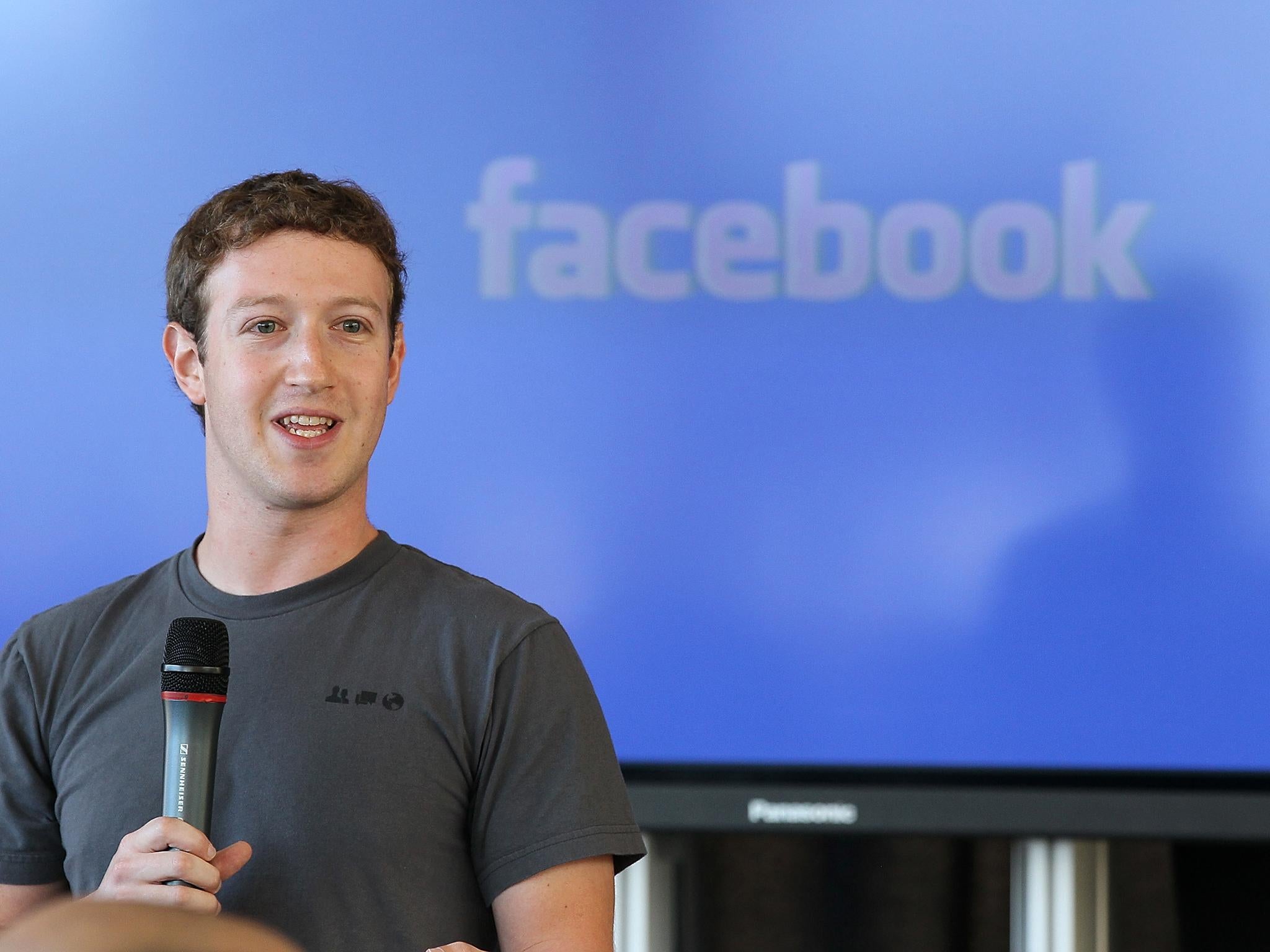Facebook Reactions: ‘Love’ is the most popular of the new emoji-based Likes, Mark Zuckerberg reveals
The Facebook founder said that the company had launched the new buttons because users have ‘been asking for a dislike button for years’

Your support helps us to tell the story
From reproductive rights to climate change to Big Tech, The Independent is on the ground when the story is developing. Whether it's investigating the financials of Elon Musk's pro-Trump PAC or producing our latest documentary, 'The A Word', which shines a light on the American women fighting for reproductive rights, we know how important it is to parse out the facts from the messaging.
At such a critical moment in US history, we need reporters on the ground. Your donation allows us to keep sending journalists to speak to both sides of the story.
The Independent is trusted by Americans across the entire political spectrum. And unlike many other quality news outlets, we choose not to lock Americans out of our reporting and analysis with paywalls. We believe quality journalism should be available to everyone, paid for by those who can afford it.
Your support makes all the difference.“Love” is the most popular of the new Facebook Reactions, according to Mark Zuckerberg.
The company has added five new ways of reacting, as well as Like, in one of its biggest changes in the last decade. They are: “Love”, “Haha”, “Wow”, “Sad” and “Angry”.
Thus far, Love is proving to be the most common reaction, according to Mr Zuckerberg. That “feels about right to me!”, he wrote in a post announcing the change.
The post itself receive over a million of the traditional Likes. But Love was the most popular, followed by Wow and then Angry.
Mr Zuckerberg said that the company had introduced the change because “not every moment you want to share is happy”.
“Sometimes you want to share something sad or frustrating,” he wrote. “Our community has been asking for a dislike button for years, but not because people want to tell friends they don't like their posts.
“People wanted to express empathy and make it comfortable to share a wider range of emotions."
The company said that it has been trying out the reactions in some countries, before they rolled out across the world. That led to the dropping of one of the reactions, “Yay”, because it reportedly didn’t translate to some countries.
Join our commenting forum
Join thought-provoking conversations, follow other Independent readers and see their replies
Comments